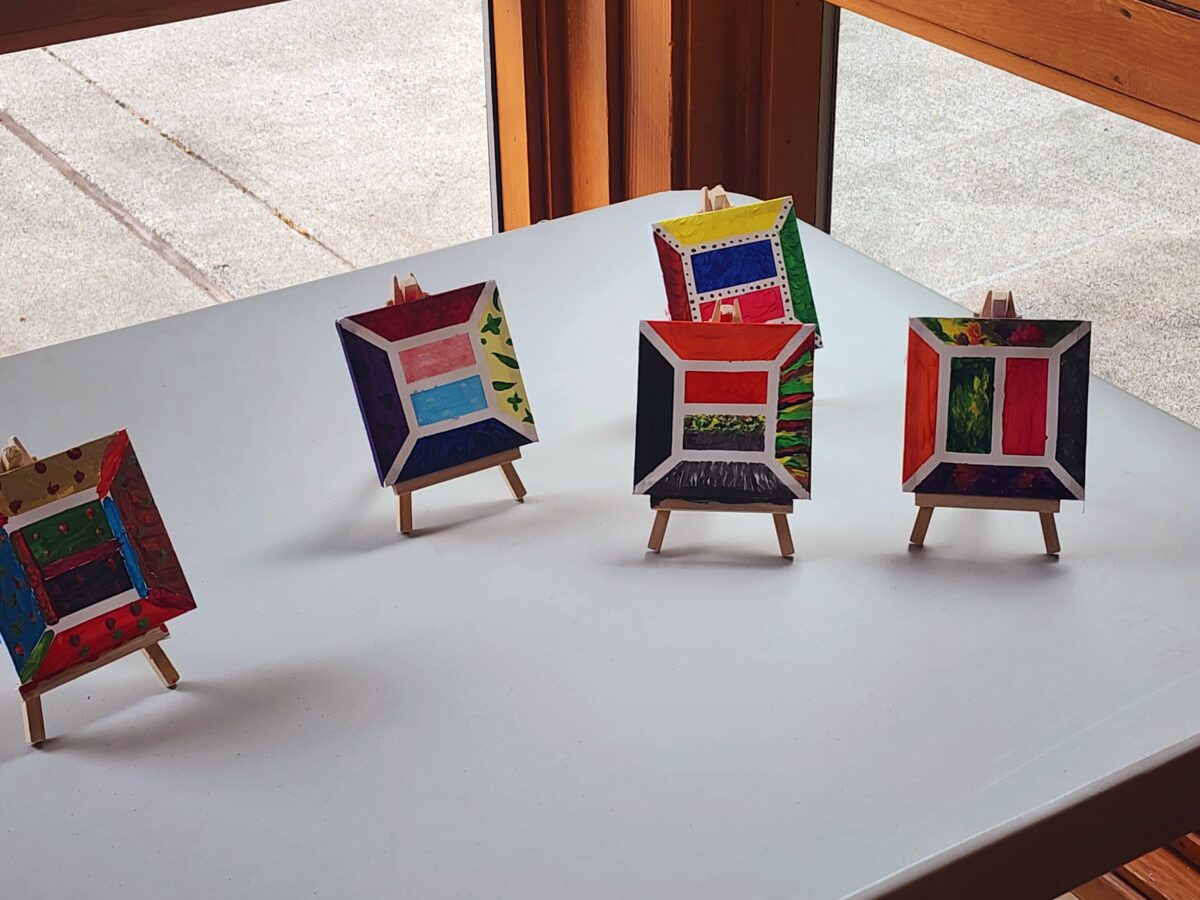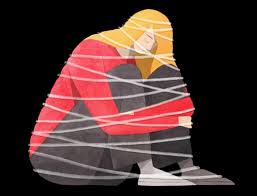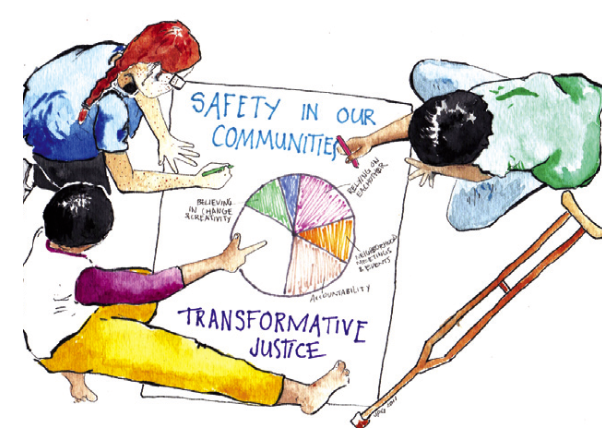
Two-Day Trauma Training Intensive: Implementing Experiential Learning
Earlier this summer, our GBV/Behavioral Health Training and Collaboration Manager, Nykki Canete, facilitated a Two-day Trauma Training Intensive. Representatives from over 15 membership organizations were in attendance, and a special shout out goes to Asian Counseling and Referral Services (ACRS) for having thirteen team members join in on the fun!
Participants spent the first day discussing ways to improve trauma-informed care for participants and service providers. They dived into the ways in which trauma impacts our bodies, brains, and behaviors, and examined the various mechanisms, contributing factors, and symptoms behind compassion fatigue, secondary trauma, burnout, and vicarious trauma.
The second day was spent cultivating techniques for nurturing our nervous systems and fostering coregulation. Participants sampled various experiential sessions such as integrated movement practice, sound healing, process painting, creative writing countertransference assessments, bilateral stimulation, and several other mindfulness-based practices.
It was so great to be able to spend this time together, finding new creative ways to support, nourish, and honor participants, ourselves, and each other. We hope to make this an annual event, so keep an eye out for information on the next one!
“Disappointed that my [entire] organization/team did not attend this as a mandatory training. Training was well organized. Organizers did an amazing job curating the speakers.”
– Workshop Participant

Washington State Bar Association’s Family Law Midyear Conference: A Collaboration with Membership Agencies
In July, our Justice for Families Project Manager, Tracee Parker, co-presented with Beth Helm (Northwest Justice Project), Elizabeth Hendren (Sexual Violence Law Center), and Bridget Griffin (YWCA Seattle-King-Snohomish) for the Washington State Bar Association’s Family Law Midyear Conference. The 2.5-day hybrid conference took place in Vancouver, WA and the plenary session was attended by 175 family law attorneys and other family court professionals from across the state.
The session was titled “Coercive Control: What it is and why it matters” and was intended to assist family law legal professionals to understand the “coercive control” aspect of domestic violence: what it is and what it isn’t, and the importance of understanding and addressing it in the context of protection order and family law matters.
Tracee and her co-presenters (all from CEGV member programs) addressed the changes to the Washington State statutory definition of domestic violence that was expanded in July 2022 to include coercive control. The panel members each provided numerous examples of coercive control and its impact on survivors and why the addition of coercive control was so important. They also provided an overview of the extensive and thoughtful process that was involved in developing and promoting the statutory changes.

Transformative Justice Cohort 2024
Every year, we grow our community of preventionists, building on the collective analysis and power! This year we focused on knowing who and what the resources are in community, prevention day to day, and long-term strategy!
In May, Stacey Torres from Collective Justice walked us through interpersonal and systemic coercion and control, and how critical it is for us to prevent and intervene in both. We discussed restorative justice processes as tools for centering self-determination, collective liberation, and accountability as we sort through the harms of GBV.
In June, Gabby from Yoga Behind Bars helped us explore embodiment practices as a means of supporting survivors to regain feelings of safety and trust in our bodies and for us all to take action where we can with what we’ve got!
Our July Session focused on Sex Positive Sex Education – centering joy, autonomy, and pleasure in our relationships! Neba Zaidi from New Beginnings, led us through the history of sex education and abstinence-centered education vs. the effects of teaching people to enjoy their relationships, bodies, and autonomy.
Our collective of advocates, survivors, and organizers have stayed committed to doing this work collectively and to using individual and collective power to grow our community of preventionists into a region where survivors have more options to find collective healing!
We’re looking forward to our last session of the year in September and putting all that we’ve learned into action… If you’re interested in connecting to discuss how a transformative justice lens could help to create more options for survivors you’re working with, please contact Paris at Paris@endgv.org.